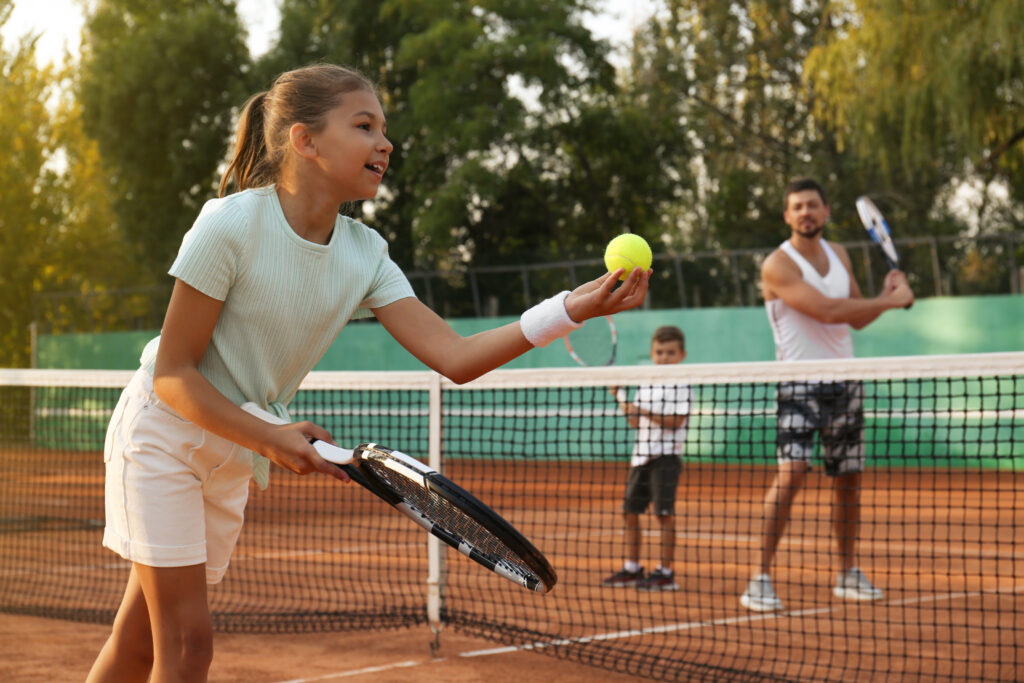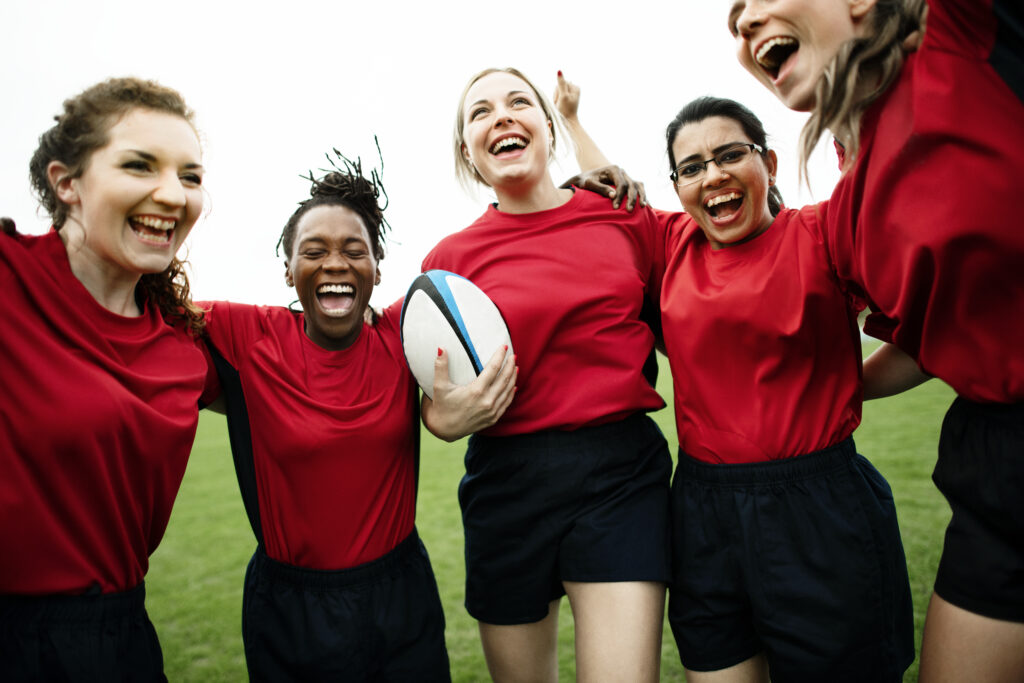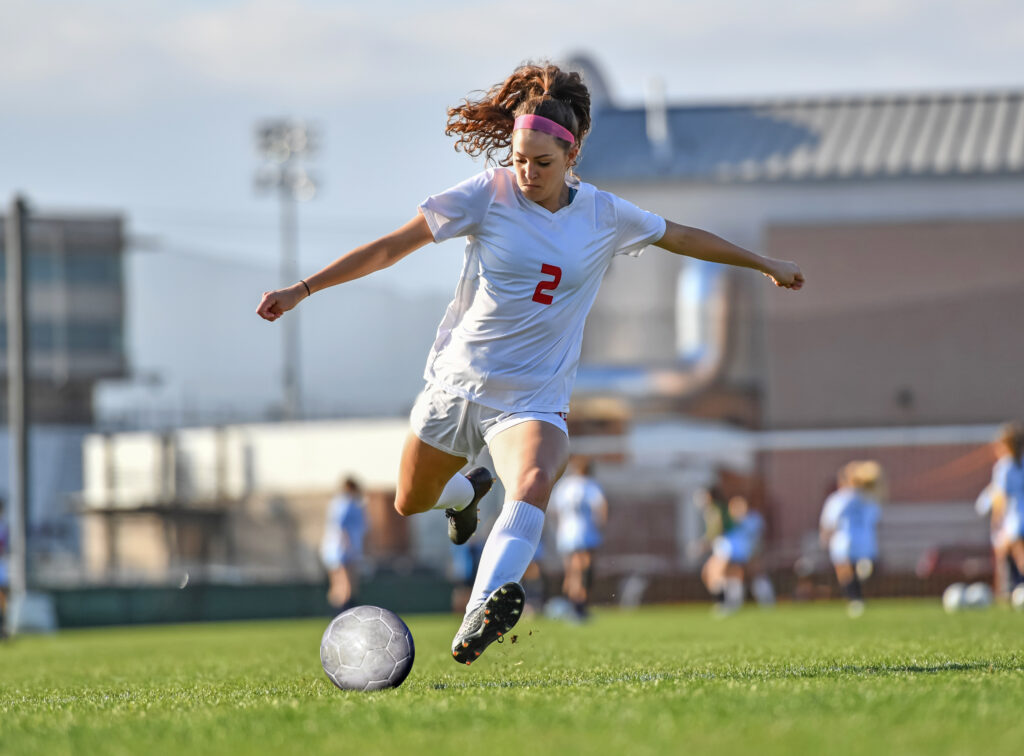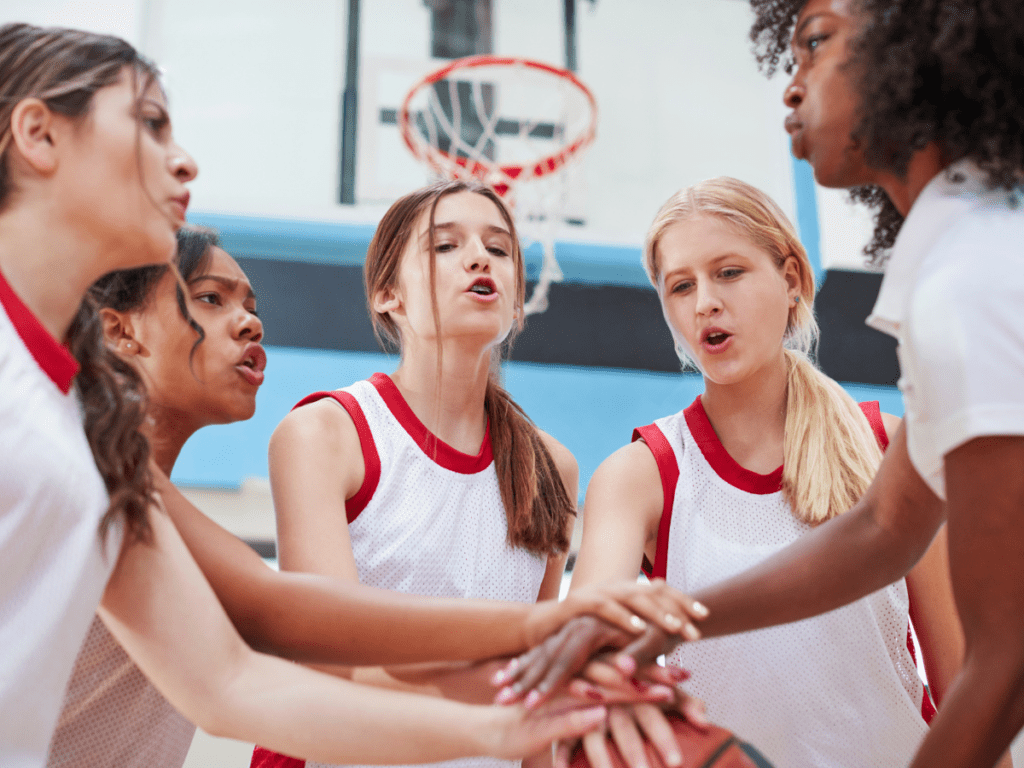Supporting positive parental decision-making in youth sport

Parents and guardians have significant influence on their children’s sporting experiences, as well as broader sport culture. They serve as interpreters, role models, and providers of childhood sport experiences (Fredricks & Eccles, 2004). As such, their decisions can have long-lasting impacts on their children’s sport enjoyment, performance and long-term participation. Parents must decide when to…
Physical activity and school performance
Research shows that physical activity can improve academic performance in children. In addition, engaging in physical activity can improve attention and cognition. It is recommended that teachers provide students with physical activity breaks and that physical activity is integrated into the curriculum.
Girls who play on boys’ sport teams
“Just having the ponytail come out of your helmet, the players, the people watching, people are going to notice and keep an eye on you to see if you’re holding your own, ‘Can the girl keep up, or does she fit the stereotype of not being as good as the boys?’”. Learn more about the…
Using life skills to promote social justice: Youth sport as a vehicle for social change

As youth sport researchers, we seek to understand how youth develop and transfer life skills. In recent years, cultural issues have urged us to evolve our understanding of life skills. For instance, the Black Lives Matter and #MeToo movements continue to raise awareness of inequities within sport and beyond. Additionally, the climate change movement has…
Managing the competing tensions of social media as a high performance athlete

Highlights When it comes to the relationship between sports and social media, it’s hard to know where to start. Athletes have never been more visible and accessible than they are now. As a result, social media has become an increasingly commercialized space within the sporting industry, with brands and sponsors seeking to reach consumers through…
From scarcity to abundance: How Para athlete transfer can broaden development pathways
Highlights The Canadian Paralympic Committee and Own the Podium identified the creation of an “Athlete Transfer System” as a way to broaden Para athlete development pathways Athlete transfer is when an athlete switches sports or takes on an additional sport Currently, athlete transfer happens fairly frequently, but is predominantly athlete-directed Many stakeholders believe a “scarcity…
Fostering the fierce inner fan: Self-compassion for women athletes

Self-compassion can be a valuable internal resource for women athletes as they navigate the challenges of competitive sport. Self-compassion is related to greater goal progress and effective use of coping strategies, and it benefits the physiological response to stress (Ceccereli et coll., 2019; Johnson et coll., in press; Mosewich et coll., 2019; Röthlin et coll.,…
Psychosocial factors in overuse injuries
Overuse injuries develop from repetitive stress and are common in sports such as running and tennis. Unlike traumatic injuries (for example, a sprained ankle), overuse injuries cannot often be pinpointed to a single event. Research shows that psychosocial factors play a role in the development of overuse injuries. Individual factors such as competitive drive, perfectionism,…
Yoga and athletic performance
Yoga can have numerous benefits for physical performance and well-being. Research shows that incorporating yoga training into an athlete’s routine can increase flexibility and balance. Adding yoga to your training routine, whether you are a recreational or high-performance athlete, can provide enhancements to overall athletic performance.
How personality relates to athlete development

The development of expertise, defined as the ability to show high level performance with relative consistency, is a complex multi-determined process. In 1993, Ericsson and colleagues proposed that practice is a key piece of this puzzle, based on their seminal studies on the development of expertise among musicians. They argued that in order to develop…